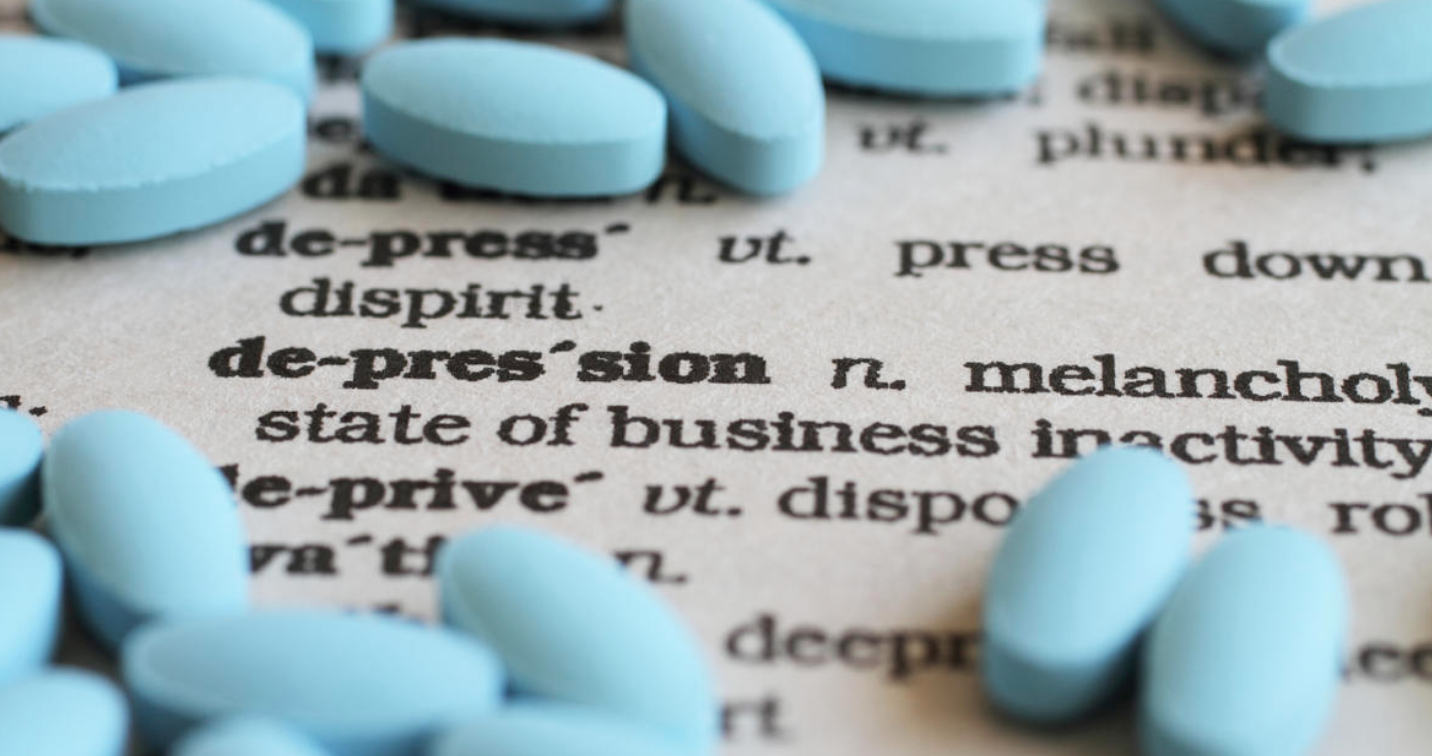Antidepressants, in simple words, are a range of drugs used in the treatment of pain and emotional conditions, particularly depression & other mental conditions. These medicines adjust the levels of neurotransmitters in the brain and send signals of relief to the body. Neurotransmitters are responsible for regulating mood and emotions. For people with chronic pain, antidepressants prove to be a fine medicine that reduces the pain and also helps in controlling emotional turmoil.
Which Pain Conditions Can Be Treated with Antidepressants?
Chronic pain of all types including a migraine, muscle pain, and menstrual pain can be treated with antidepressants. Some of the antidepressant medications are:
- SSRI (Selective Serotonin Reuptake Inhibitors) Antidepressants – SSRIs include citalopram, fluoxetine, paroxetine, and sertraline.
- SNRI (Serotonin & Norepinephrine Reuptake Inhibitors) Antidepressants – This type of antidepressants include duloxetine and venlafaxine.
- Tricyclic Antidepressants – These have a wide range of medicines including amitriptyline, desipramine also known as Norpramin, imipramine, nortriptyline, and doxepin.
Antidepressants need some time to work. These medicines require a steady dose of chemical buildup in the body to work. The chemical takes a significant amount of time to build up in the body. Please note that the dose of antidepressants to cure pain is quite less than that required to cure depression.
Can Antidepressants Cure Depression Completely?
As mentioned earlier, antidepressants regulate a number of neurotransmitters in the body that help in controlling the mood and emotions. However, depression is a bit different. There have been many studies that suggest that it is not a simple matter of having less serotonin. Having said that, it does not mean that antidepressants don’t work.
- When depression is severe, antidepressants may provide some help. Severe depression, at times, can be life-threatening and antidepressants help in eliminating those symptoms to a great extent. However, for some people, antidepressants work while for others, symptoms become worse occasionally.
- Patients with depression initially respond to the effect of medications in a positive way, but it is also a possibility that they may slip back into depression once the treatment is complete.
- Besides medications, it is also important for patients with depression to seek counseling so that the chances of improvement get better.
Side Effects of Antidepressants
There are also some side effects of antidepressants that the patient may face. These are listed below:
- Anxiety
- Nausea
- Weight Loss/Gain
- Severe Sweating
- Dry Mouth
- Fatigue
- Diarrhea
- Less Interest in Sex
- Constipation
- Headache
- Dizziness
- Tremors
These are some side effects that may arise due to the intake of antidepressant medications. However, the patient may also face some withdrawal symptoms if they are stopped abruptly. The benefits of antidepressants are known to all but it is important to seek medical advice before using these medications. The doctor will prescribe you the dose of medicines that will not harm you in any way and you will be able to get the exact same results you are seeking.
DISCLAIMER: The medical information on this site is provided as an information resource only, and is not to be used or relied on for any diagnostic or treatment purposes. This information is not intended to be patient education, does not create any patient-physician relationship, and should not be used as a substitute for professional diagnosis and treatment.


